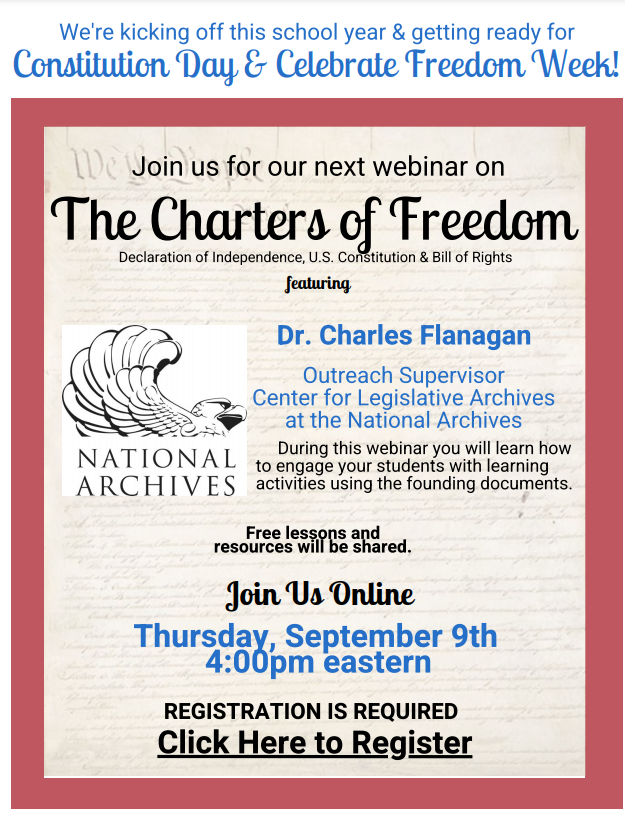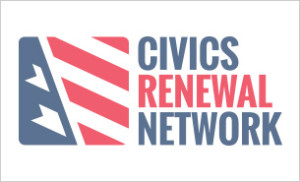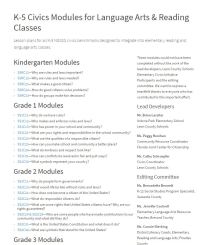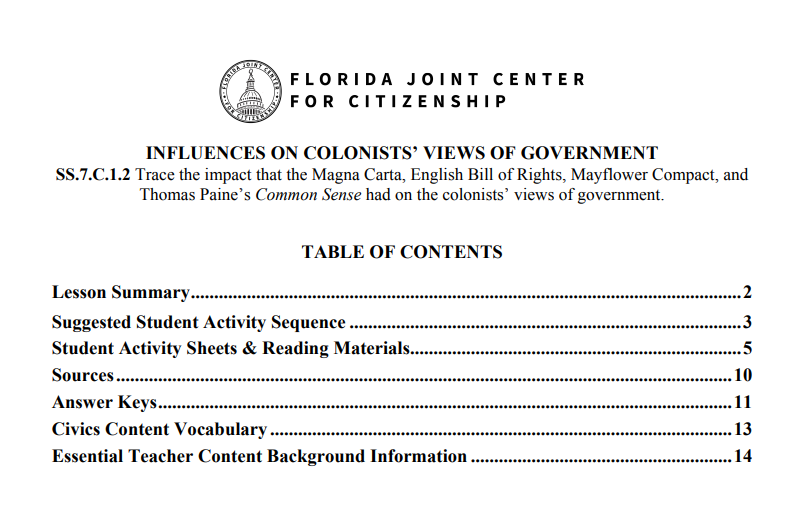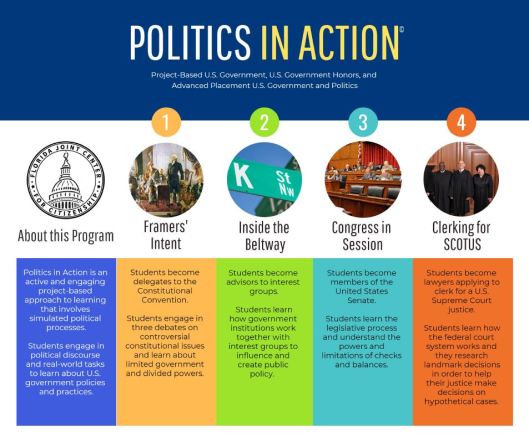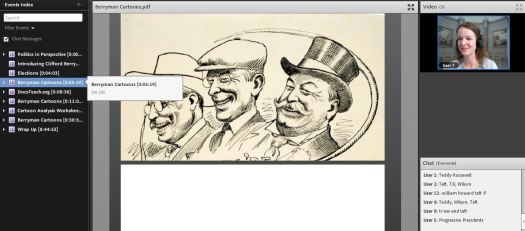Science is at the heart of several of our hardest issues, including COVID-19 and global warming. (And even race and policing.) While some Americans display “Science is real” yard signs on their front lawns, Dr. Fauci is the face of oppression for others.
The question of science is not simple.
On one hand …
What individuals think about matters like vaccination and climate change has consequences for everyone else. It can be hard to coexist with people whose beliefs seem fundamentally, even willfully, false.
Some findings are well-substantiated, e.g., that vaccines work and that human beings are causing the climate to heat up dangerously.
For any given question, there are better and worse methods of inquiry. If you want to know whether a vaccine works, a randomized, double-blind, controlled experiment is an excellent method. Google-searching to see what various “influencers” say … is not.
Science is a process of inquiry, not a set of truths. When scientific consensus shifts, that is a sign of learning, not an embarrassment.
The process of learning about COVID-19 has been extraordinarily fast and impressive. It is harder to assess the pace of learning about climate change, but we have learned how to learn a lot better than our ancestors could have done three or four centuries ago.
On the other hand …
No one obtains complex knowledge directly or alone. Science is a collective enterprise, deeply dependent on interpersonal trust. Even if you are an epidemiologist or a virologist, you can’t directly observe truths about COVID-19. You must trust data, instruments, protocols, metrics, and theoretical models that come from other people. For instance, you can only know what you’re seeing through an electron microscope because you trust that device and all the previous science that yielded it.
Science is a set of human institutions that confer power and status on some, while excluding others. Anyone with a doctorate has received a graduate education that cost someone hundreds of thousands of dollars. Americans rank physicians highest in status (7.6) out of hundreds of jobs. Physics professors and college presidents come next. Environmental scientists also rank high (6.5). But many Americans are in no position to obtain these jobs, and many may not want them. By the way, just 5 percent of physicians are Black, and 0.3 percent are Native American.
It is all very well to say “Trust the experts.” But the experts in foreign and defense policy bear responsibility for two disastrous wars since 2001. Experts in urban policy wrecked our cities’ cores by slicing highways through them and forcing people into segregated public housing. Medical experts described homosexuality as a pathology in the DSM until 1973. Some influential nutrition experts insisted that fats were bad and sugar was safe while being financed by the sugar industry.
People like me have deep personal reasons to give scientific institutions the benefit of the doubt. One of these institutions literally pays my comfortable salary. My parents, spouse, sibling, and children have been admitted, supported, and (in many cases) paid by universities. I live in a neighborhood dominated by people who have benefitted from the same institutions; it has good public schools, safe streets, and high property values. Many other people could not get into any of these institutions, or don’t want to get into them, or would not feel comfortable in them, or would not be valued by them. Trusting science comes naturally to me but has no natural appeal for many other human beings.
Partisan and ideological heuristics affect all of us. I find it very comfortable to decry Ron DeSantis’ handling of COVID-19 and to blame him for Florida’s current wave. That fits with what I want to think about Republicans, conservatives, etc. It is a lot less comfortable for me to consider why the highest cumulative per capita COVID rates are in New Jersey, New York, and Massachusetts, while Florida ranks 26th and has (to date) just 62% the cumulative case rate of New Jersey. I don’t think the takeaway is that liberal policies have worsened COVID-19. (For one thing, Mississippi is close behind Massachusetts, and Vermont and Hawaii have done best of all.) But it is no more valid to infer that conservative policies are to blame.
As the last point suggests, there is much that we really do not understand, such as the reasons for the variation in COVID-19 outcomes by state or nation. If we knew the answer to that, it might help us to assess overall social systems. We are deeply divided about what kind of society we should live in, and science has not answered that question. It is not as useful as it could be for public debates, yet it should never provide the solutions, since we must reason about values as well as facts.
There is no such thing as value-neutral data. People always decide what to observe and measure and what to call the results. When I search Google Scholar for “school social distancing COVID,” I see the following keywords in the top results: school closure, workplace non-attendance, school lockdown, mental health, weight gain, nonessential workers, nonessential businesses, epidemic control, and mitigation strategies. Whether these are the most important topics, what is missing (race, for instance), and whether these factors are rightly named–these are value questions, not scientific ones. Besides, in many cases, the data come from mandatory reports, and what we require people to report is a value-judgment.
Finally, the methods that work best for evaluating the effects of a mass-produced chemical compounds, such as vaccines, may not work best for assessing many social, cultural, and moral issues. In many domains, positivist methods are too influential and not enough credibility is accorded to laypeople’s knowledge.
I agree with Jonathan Badger that the most prominent critics of science are not raising subtle points about the soft despotism of scientific institutions or the tension between expertise and democracy. Instead, they are making false statements with great certainty. That is a disgrace, but it doesn’t negate real questions about the role of science.
See also methods for engaged research; we should be debating the big social and political paradigms; what is Civic Science?; “Just teach the facts”; notes on the social role of science; etc.




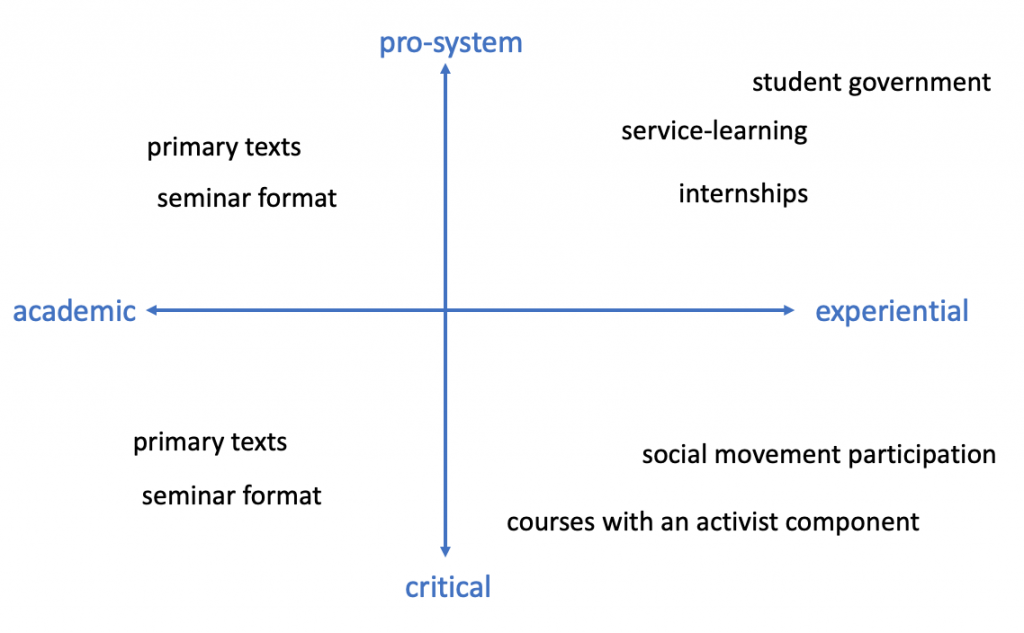
 The summer issue of the National Civic Review celebrates cities that are making progress on addressing challenges such as racial equity, health equity and community resilience. Review authors offer insightful ideas on measuring the value of public participation, engaging urban residents through block clubs, promoting public trust with better service delivery and digital communication, and the most effective ways of seeking input from youthful residents. Former Missoula Mayor and Speaker of the Montana House of Representatives Dan Kemmis offers his ideas on what a small “d” democratic renewal movement might look like in the 21st Century.
The summer issue of the National Civic Review celebrates cities that are making progress on addressing challenges such as racial equity, health equity and community resilience. Review authors offer insightful ideas on measuring the value of public participation, engaging urban residents through block clubs, promoting public trust with better service delivery and digital communication, and the most effective ways of seeking input from youthful residents. Former Missoula Mayor and Speaker of the Montana House of Representatives Dan Kemmis offers his ideas on what a small “d” democratic renewal movement might look like in the 21st Century.